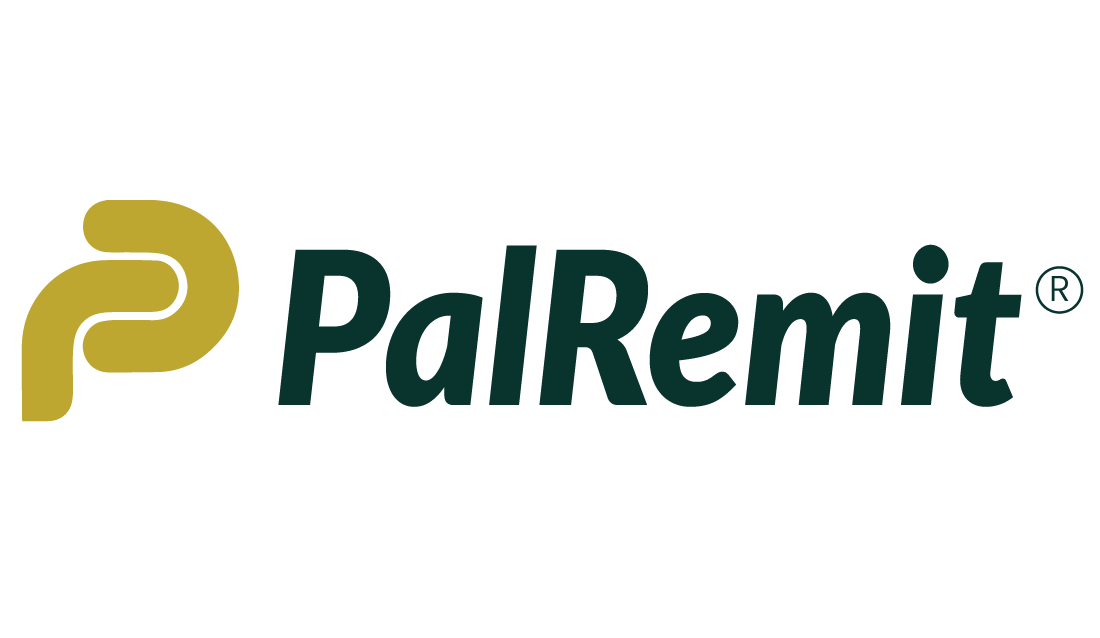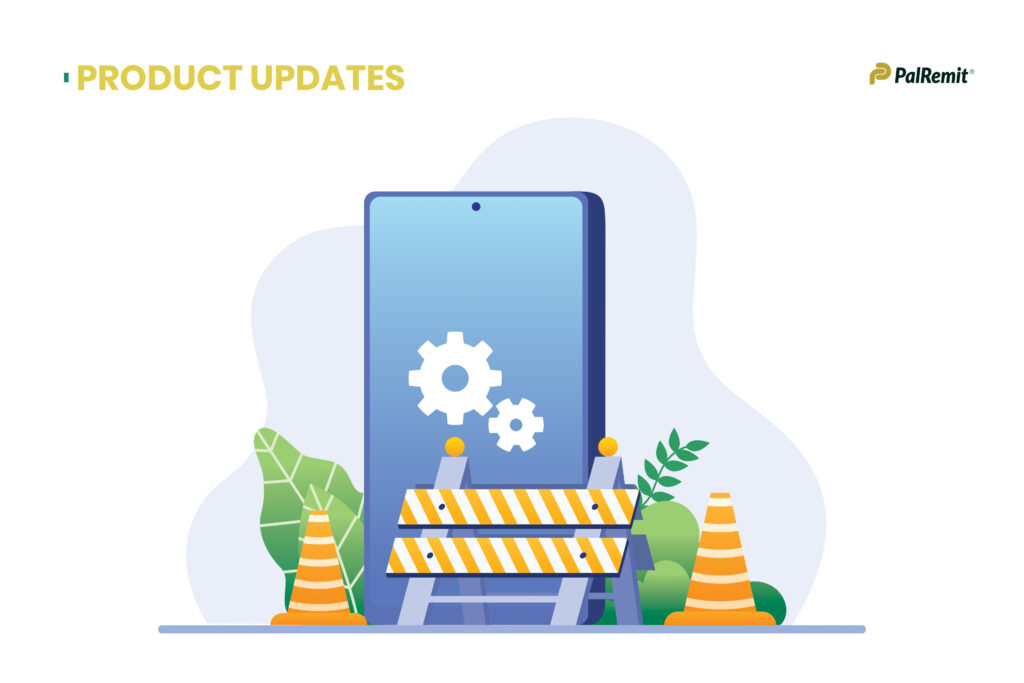Not so long ago, if you were a Nigerian earning your income from overseas, maybe from freelancing, remote work, foreign investments, or digital platforms, it felt like you were operating in a calm, distant harbour. The government’s tax spotlight was not intense enough to search you out. You worked quietly across borders, far from the glare.
Spotlights, however, tend to shift.
Now, that beam is stretching. Nigeria’s tax authorities have adjusted the lens, and they are illuminating income sources that were once out of frame.
Earlier this year, revisions to Nigeria’s tax laws introduced a more assertive approach to taxing global income. Under this new regime, Nigerian residents are expected to declare and potentially pay taxes on income earned abroad, especially if the money touches Nigerian soil through a local bank account, payment platform, or digital wallet.
The waters that once seemed untouchable are now within sight.
What Exactly Counts as Global Income?
Global income refers to any earnings that originate outside Nigeria but are received or used by individuals living within its borders. These include:
- Salaries from remote jobs with foreign employers
- Earnings from freelancing platforms such as Upwork or Fiverr
- Royalties from digital products on Amazon KDP or Gumroad
- Content monetisation through platforms such as YouTube or Spotify
- Foreign dividends, interest, or capital gains
- Cryptocurrency and stock profits on offshore platforms
Whether passive or active, these income streams are now in focus.
Who Needs to Pay Attention?
This law targets Nigerian tax residents, individuals who reside in Nigeria for more than 183 days in a year or maintain strong economic ties to the country. If your lifestyle is funded by global income, and you live or operate in Nigeria, the tax beam now includes you.
Many digital professionals, content creators, consultants, and remote workers fall within this bracket, often without realising it.
What About Double Taxation?
Nigeria has entered into a limited number of Double Taxation Agreements (DTAs) with specific countries. These agreements aim to ensure you do not pay tax twice on the same income. If you are taxed abroad, you may be able to claim relief in Nigeria.
However, not all countries have DTAs with Nigeria. In such cases, you must seek clarity on whether exemptions or credits apply. A qualified tax advisor can help you determine your eligibility and avoid overpaying.
What You Can Do
A few smart actions can help you stay ahead of the curve:
- Know Your Status
Determine if you meet the criteria for tax residency in Nigeria. This will define your obligations. - Track Your Income
Maintain records of your foreign income streams. Documentation is critical when dealing with cross-border earnings. - Consult a Tax Professional
Every income stream is different. An expert with experience in international taxation can help you avoid unnecessary penalties. - Use Tools That Offer Clarity
Platforms such as Palremit, widely known for their ease in facilitating cross-border payments, can also help you monitor your foreign income inflows. This visibility is essential when calculating taxable income. - Stay Updated
Nigeria’s tax regulations are still evolving. Being informed protects your finances and preserves your peace of mind.
Do Not Fear the Lighthouse, Sail Smart
Tax laws are not designed to punish. They exist to structure participation. Nigeria’s tax beam is reaching farther than ever before, and global income is no longer sailing unnoticed.
The ocean of remote work and cross-border earnings is still vast. However, the coastline is no longer the boundary of enforcement.You have worked hard to earn across borders. Now is the time to protect it, plan for it, and navigate with the beam, not against it.










